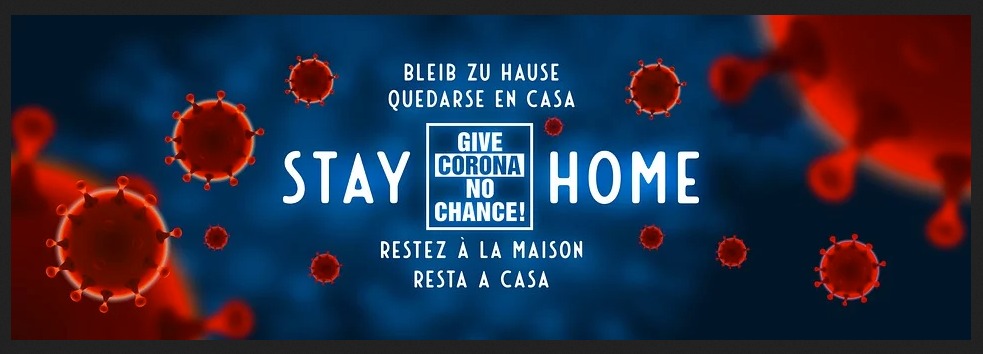-

Florida Stay-at-Home Order
ON 4 April, 2020Categories: US: COVID-19More than 40 states have issued stay-at-home orders in an attempt to slow the spread as a result of widespread COVID-19. On March 19, 2020, California became the first to order its residents to stay at home.
On April 1, Governor Ron DeSantis issued a stay-at-home order (Executive Order 20-91) that went into effect on April 3 and is set to expire on May 1, 2020. It applies to all Florida residents who are engaged in non-essential services or activities and employed by non-essential retail and commercial businesses referenced in the Executive Order 20-89 released on March 30, 2020.
Essential Services
Under the Executive Order 20-89, “essential services” include:
- Healthcare providers such as hospitals, mental health professionals; dentists and pharmacies;
- Food providers such as grocery stores, convenience stores, supermarket, food banks and pet stores;
- Businesses that provide food, shelter and social services for economically disadvantaged or needy individuals;
- Newspapers, television, radio, and other media services;
- Gas stations, auto-supply, auto-repair and related facilities;
- Banks and other financial institutions;
- Hardware stores;
- Mailing and shipping providers;
- Private colleges, trade schools, and technical colleges;
- Laundromats, dry cleaners, and laundry service providers;
- Restaurants and facilities that prepare and serve food;
- Businesses that ship or deliver groceries, food, goods, or services directly to residences;
- Airlines, taxis, and private transportation providers;
- Home-based care for seniors, adults, or children;
- Professional services, such as legal or accounting services;
- Assisted living facilities, nursing homes, and adult daycare centers, and senior residential facilities; and
- Childcare facilities provided that childcare is carried out in groups of 10 or fewer.
Essential Activities
Under the Executive Order 20-91, “essential activities” include:
- Attending religious services conducted in churches, synagogues, and houses of worship;
- Participating in recreational activities such as walking, biking, hiking, fishing, hunting, running or swimming, consistent with social distancing guidelines;
- Taking care of pets; and
- Caring for or assisting loved ones or friends.
Impact on Travelers
Travelers by air and road will undergo airport screenings and highway checkpoints, especially travelers arriving from hotspots such as New York and Louisiana. Florida Gov. DeSantis encourages a 14-day mandatory self-isolation period upon arriving in Florida. Those who fail to self-quarantine face criminal misdemeanor charges punishable by up to 60 days in jail and a $500 fine.
Closing Thoughts
Senior citizens and persons with a significant underlying medical condition, including but not limited to chronic lung disease, moderate-to-severe asthma, serious heart conditions, immunocompromised status, cancer, diabetes, severe obesity, renal failure, and liver disease are most susceptible to the risk.
However, all people are advised to stay at home in order to limit the risk of exposure to COVID-19.
Disclaimer: The information herein does not constitute legal advice.
 info@natalesq.com
info@natalesq.com  +1 (212) 739 0172
+1 (212) 739 0172 